Dogs have long been regarded as man’s best friend, providing companionship, loyalty, and even emotional support. However, not all dog breeds are suitable for every lifestyle, especially for those leading busy lives. Some breeds are emotionally demanding, requiring more time, attention, and affection than others. These dogs thrive on human interaction and can struggle with loneliness, often developing separation anxiety or destructive behaviors if left alone too often. If you’re a busy bee constantly on the move, you might want to reconsider your choice of furry companion. Let’s delve into 15 emotional dog breeds that might not be the best fit for a hectic lifestyle.
1. Border Collie
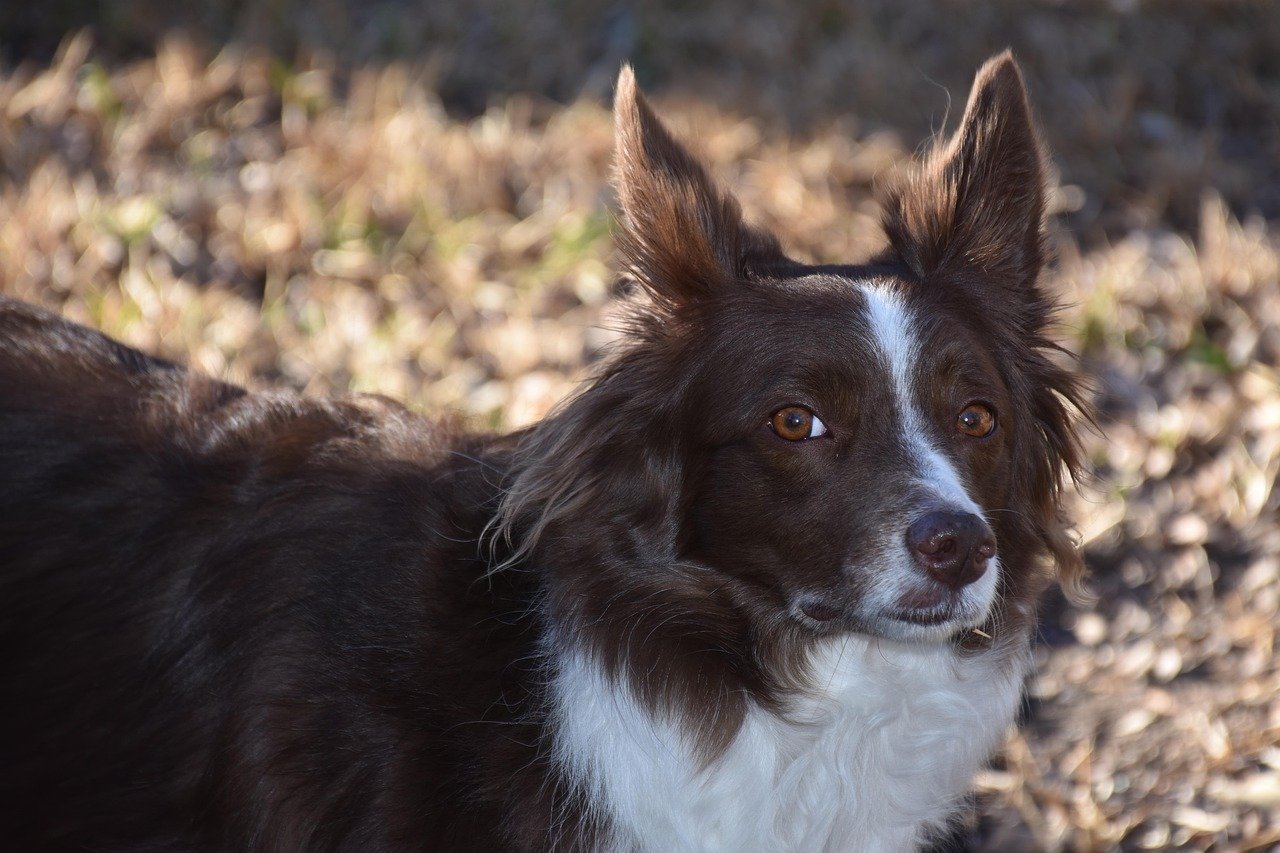
Border Collies are renowned for their intelligence and agility. Originally bred for herding sheep, they possess a keen sense of awareness and an immense drive to work. While their sharp minds make them outstanding learners, it also means they can become easily bored. A bored Border Collie may develop behavioral issues if left alone for extended periods. They thrive on mental stimulation and physical activity, often requiring more than the average dog. Think of them as the overachievers of the dog world, always needing a task to complete. If you can’t commit to their needs, they might not be the best choice for you.
2. Siberian Husky
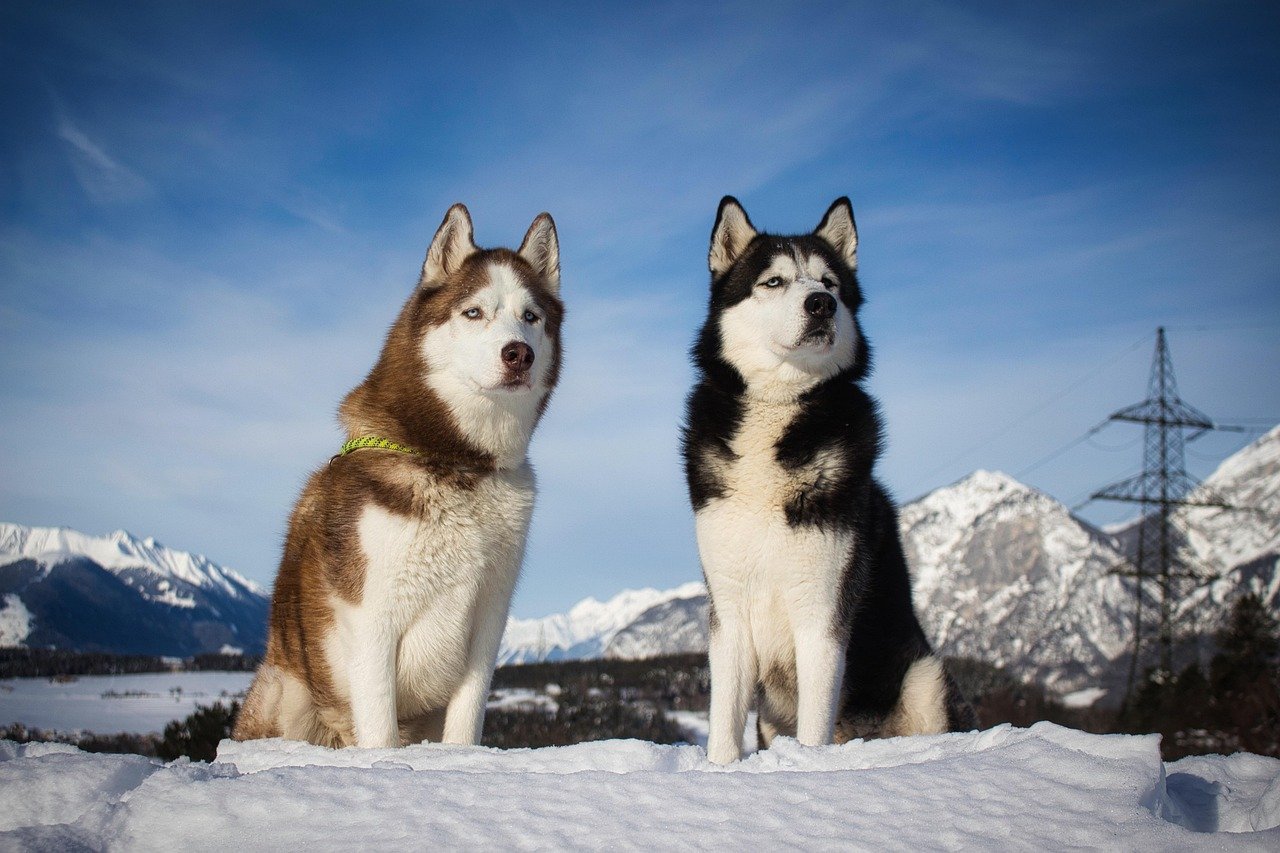
Siberian Huskies are majestic, wolf-like dogs known for their endurance and strength. Their striking appearance often catches the eye of potential dog owners. However, beneath their beautiful exterior lies a breed that is highly energetic and independent. They have a strong pack mentality and can suffer from separation anxiety if left alone too often. Huskies need constant companionship and regular exercise to keep them happy and healthy. If your schedule doesn’t allow for this, a Husky might feel neglected and become destructive.
3. Australian Shepherd
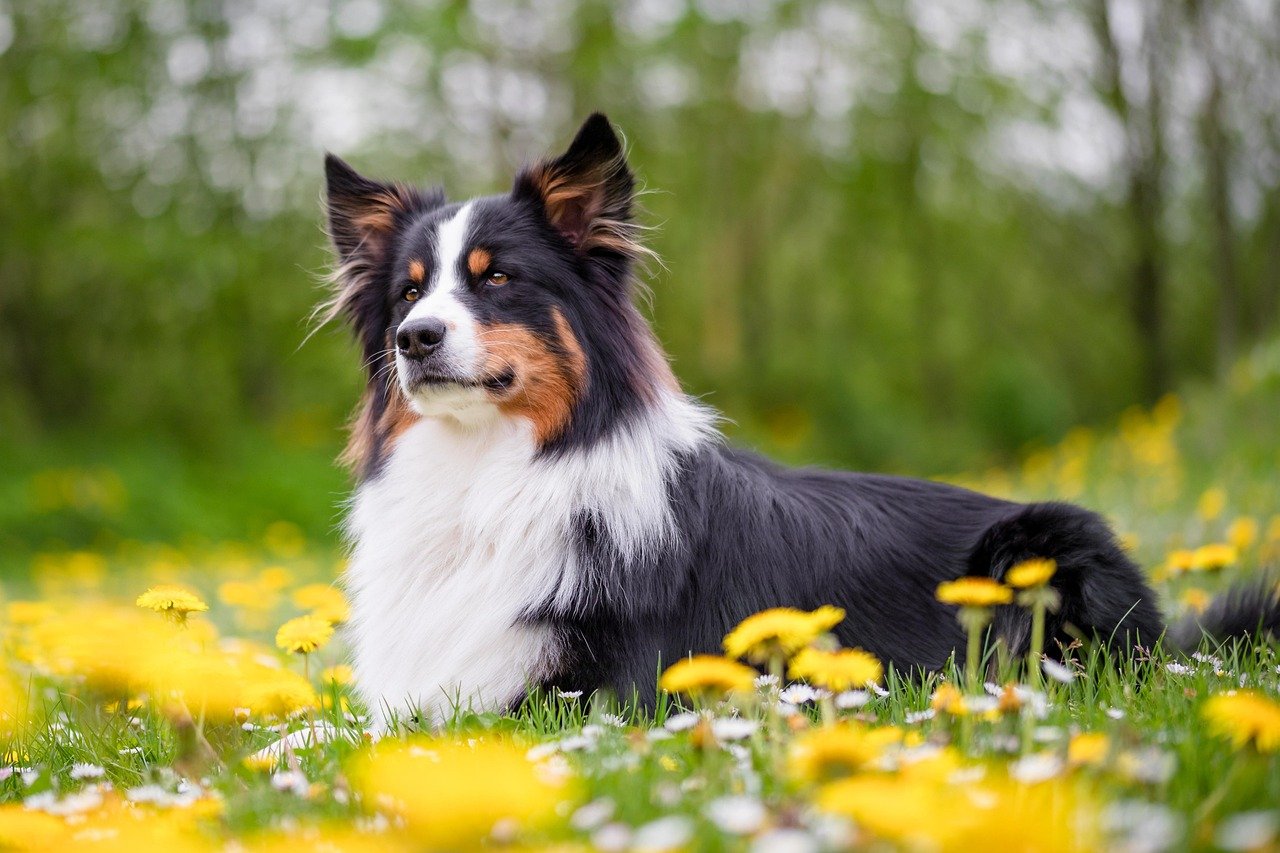
The Australian Shepherd is a lively and intelligent breed, originally bred to herd livestock. Their boundless energy and enthusiasm mean they need plenty of exercise and mental challenges. These dogs bond closely with their families and may experience anxiety if left alone for too long. They require an owner who can dedicate ample time for activities and play. Consider them the extroverts of the dog world, always eager for interaction and adventure. Without the attention they crave, they might feel sidelined and become restless.
4. Cavalier King Charles Spaniel

Cavalier King Charles Spaniels are affectionate, gentle, and eager to please. They are often described as “comforters,” thanks to their warm and loving nature. However, their emotional sensitivity means they thrive on human interaction and can become distressed if ignored. They are perfect lap dogs, always wanting to be by your side. If your lifestyle doesn’t allow for frequent cuddles and companionship, this breed might not be the right match for you. They might be small in size, but their emotional needs are vast.
5. Labrador Retriever
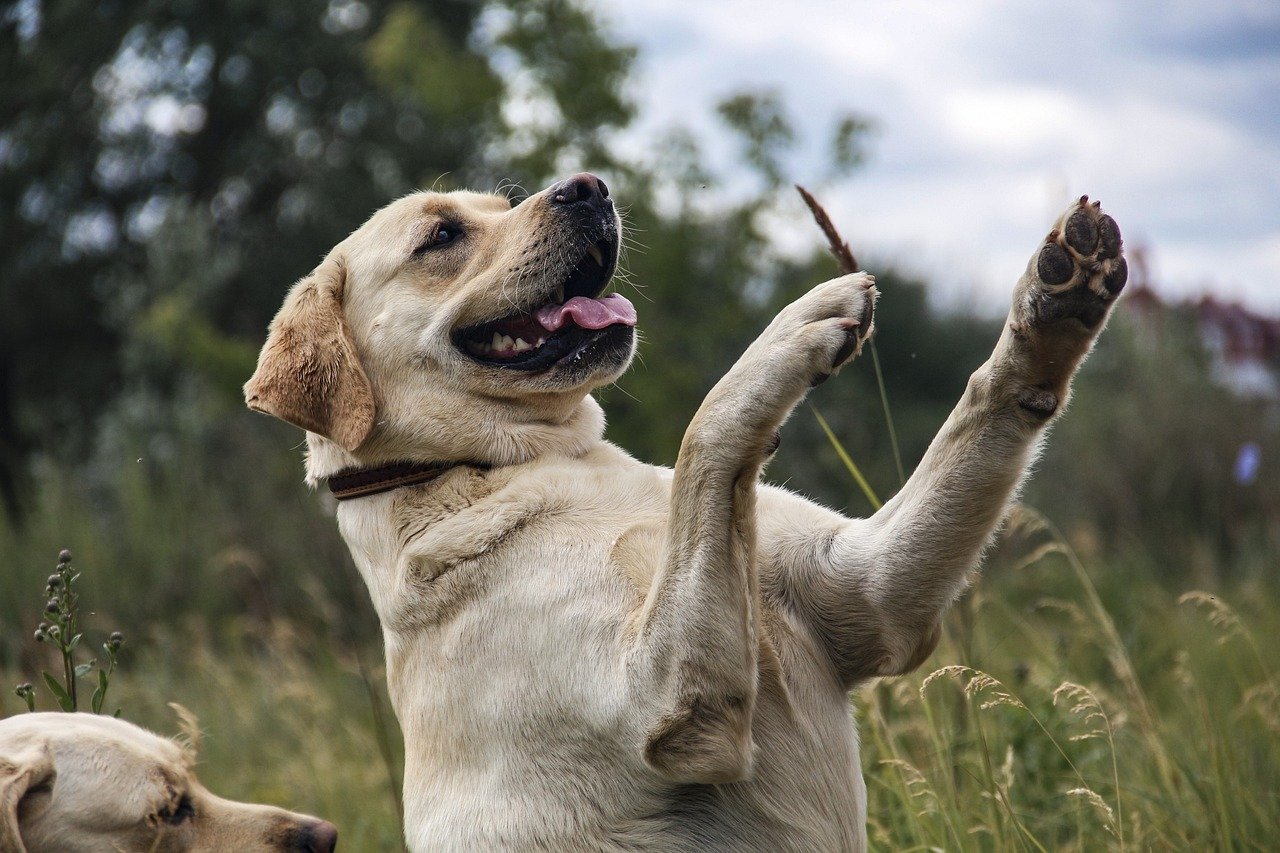
Labrador Retrievers are one of the most popular breeds worldwide, known for their friendly and outgoing nature. They are incredibly social and love being part of family activities. Labs are not just about fun and games; they are deeply loyal and can become attached to their owners. If left alone for long periods, they might feel abandoned, leading to anxiety and destructive behavior. Think of them as the social butterflies of the canine world, always seeking company and affection.
6. German Shepherd
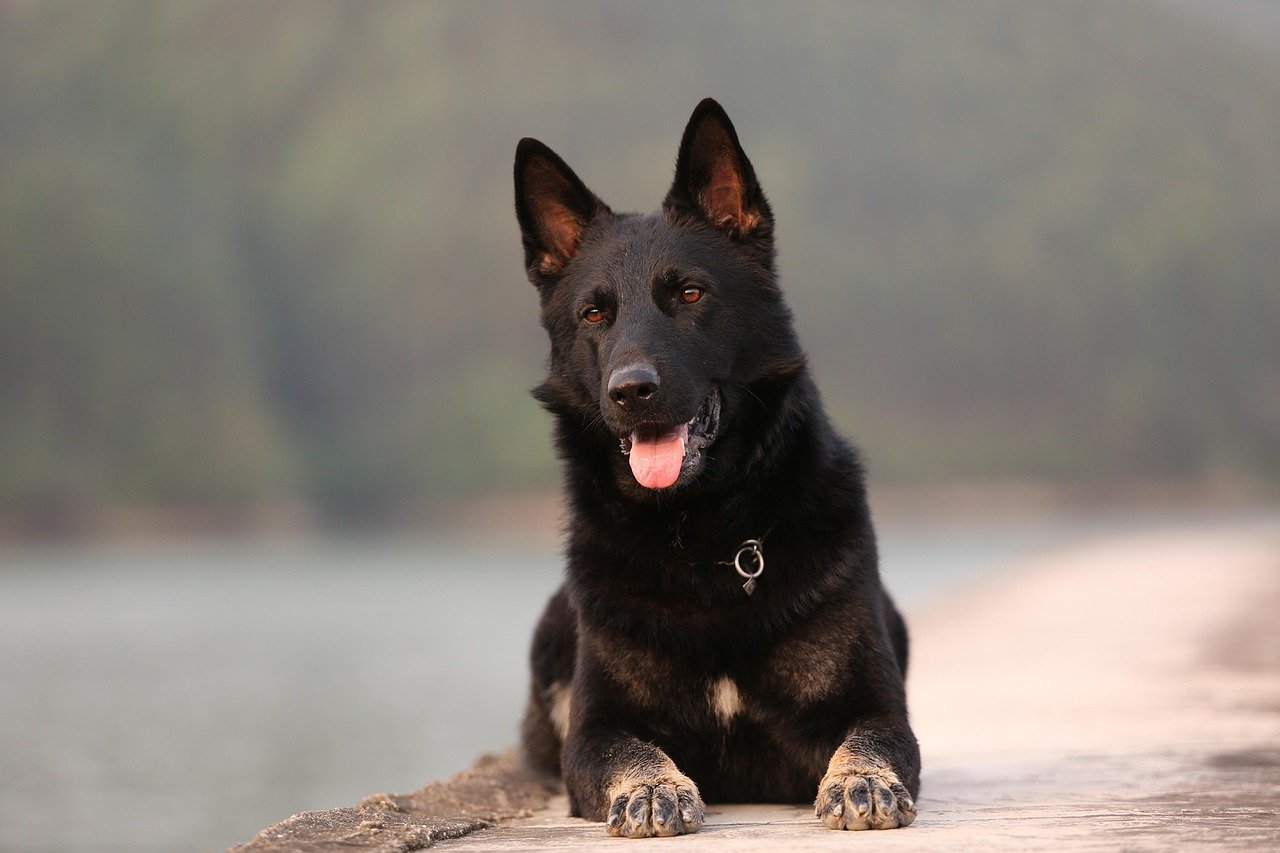
German Shepherds are intelligent, loyal, and highly trainable, making them excellent working dogs. They form strong bonds with their families and are protective by nature. However, their loyalty means they can develop separation anxiety if left alone too often. They require not only physical exercise but also mental stimulation to keep their sharp minds engaged. If your schedule doesn’t allow for regular interaction and training, a German Shepherd might feel neglected and become anxious.
7. Bichon Frise
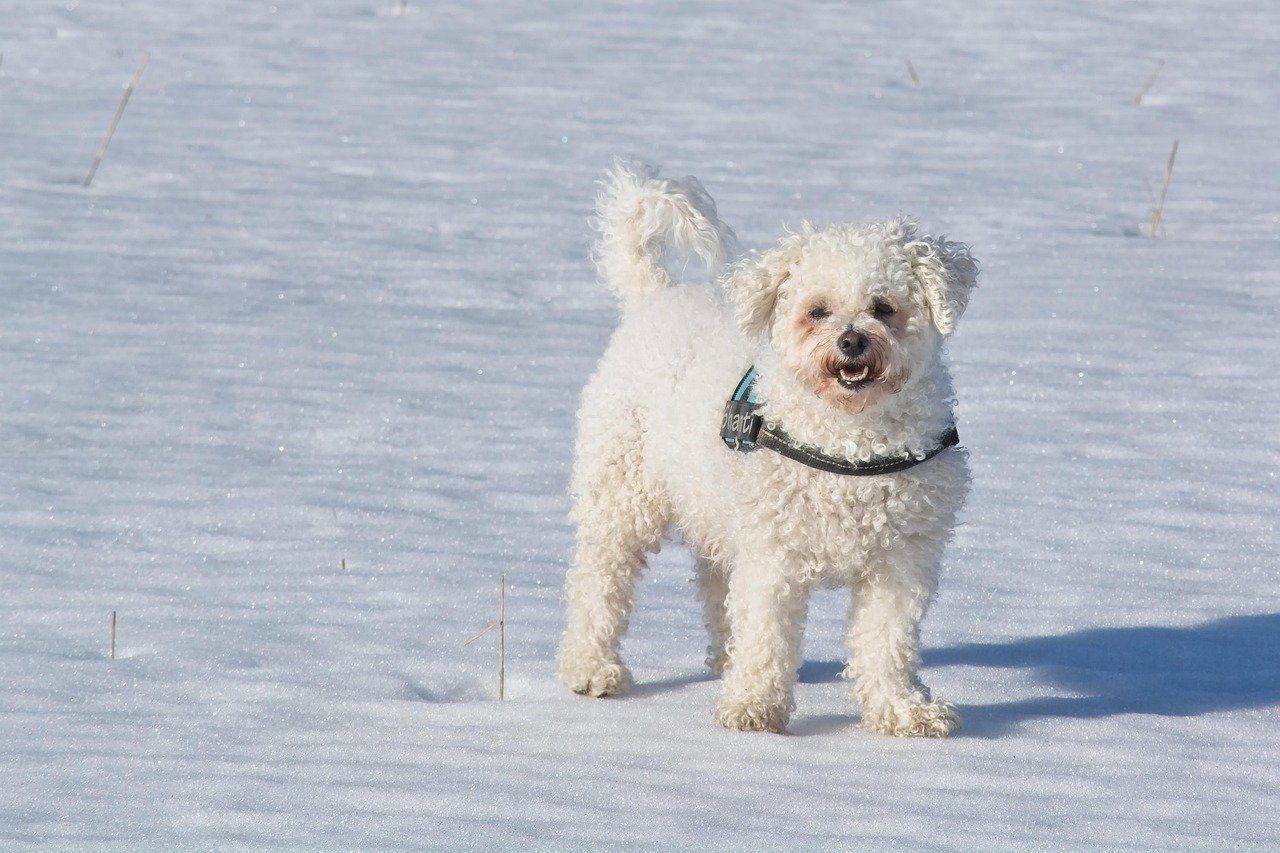
The Bichon Frise is a cheerful and affectionate breed, often seen as the quintessential lap dog. Their fluffy white coats and friendly demeanor make them irresistible. However, their affectionate nature means they crave constant companionship. They can become anxious and develop behavioral issues if left alone for extended periods. Picture them as the clingers of the dog world, always wanting to be close to their loved ones. For busy owners, meeting their emotional needs might be challenging.
8. Dachshund
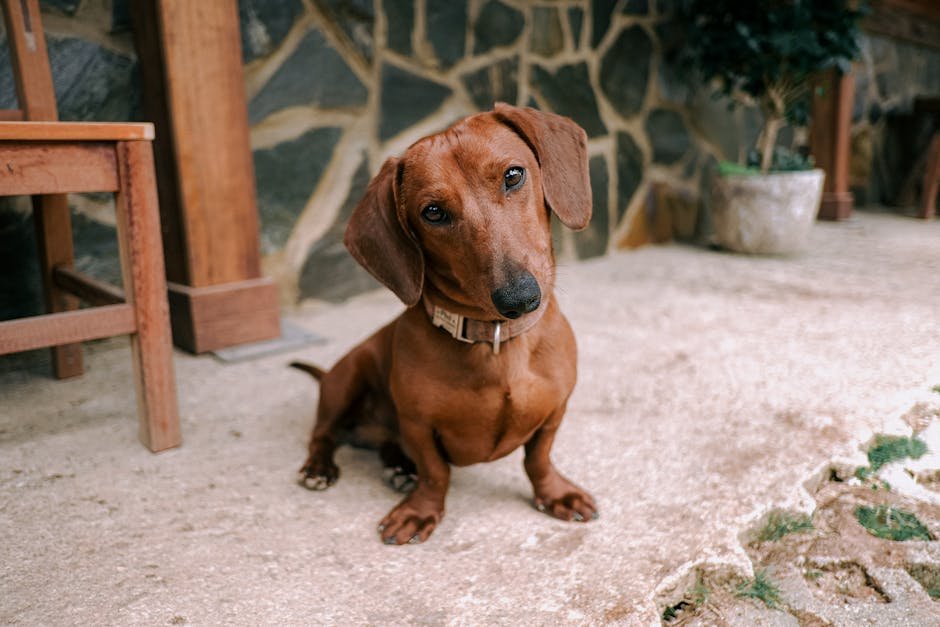
Dachshunds, with their distinctive long bodies and short legs, are playful and curious. Originally bred for hunting, they have a keen sense of smell and are quite determined. Their love for their families is profound, and they can become anxious when left alone. They thrive on attention and interaction, making them less suitable for those with tight schedules. If you’re often away, a Dachshund might feel lonely and resort to undesirable behaviors to cope.
9. Pomeranian
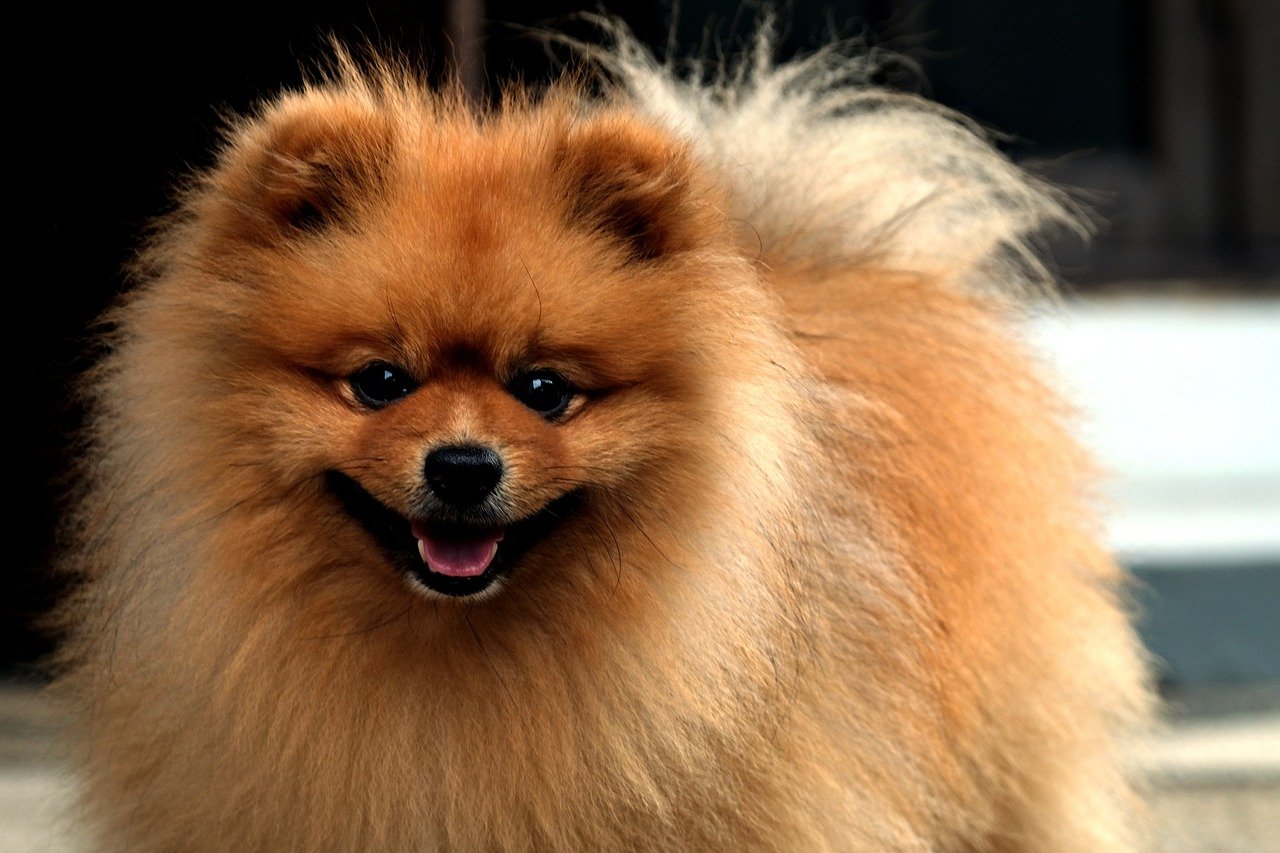
Pomeranians are small dogs with big personalities. They are lively, spirited, and fiercely loyal to their families. Despite their size, they require a great deal of attention and can become anxious if left alone for too long. Pomeranians thrive on interaction and affection, often wanting to be the center of attention. If your lifestyle doesn’t allow for frequent engagement, this little furball might feel neglected and act out.
10. Cocker Spaniel
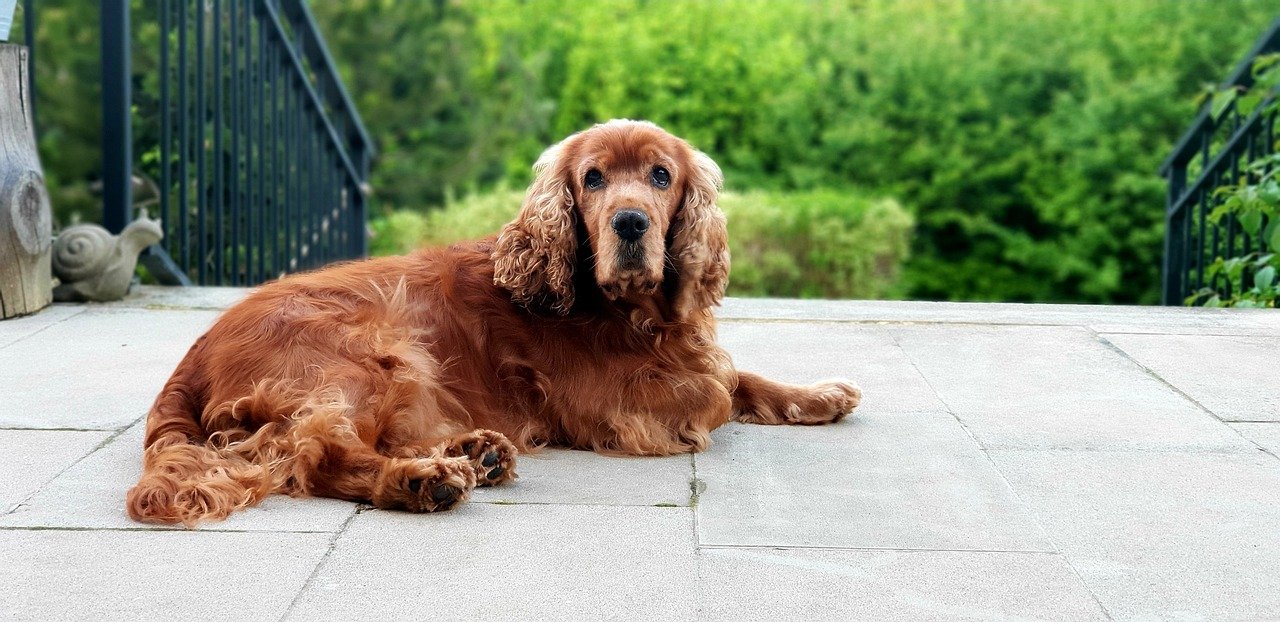
Cocker Spaniels are known for their gentle and loving nature. They form strong bonds with their families and are eager to please. However, their affectionate nature means they can suffer from separation anxiety if left alone too often. They need regular companionship and stimulation to remain happy. Picture them as the nurturers of the dog world, always seeking closeness and affection. For busy owners, meeting their emotional needs can be a challenge.
11. Shih Tzu
Shih Tzus are charming little dogs with a rich history as royal companions. They are affectionate and thrive on human interaction. Their friendly nature means they can become anxious if left alone frequently. Shih Tzus enjoy being pampered and are happiest when surrounded by their loved ones. If your schedule doesn’t allow for regular companionship, this breed might not be the best fit for you. They might be small, but their need for affection is immense.
12. Maltese
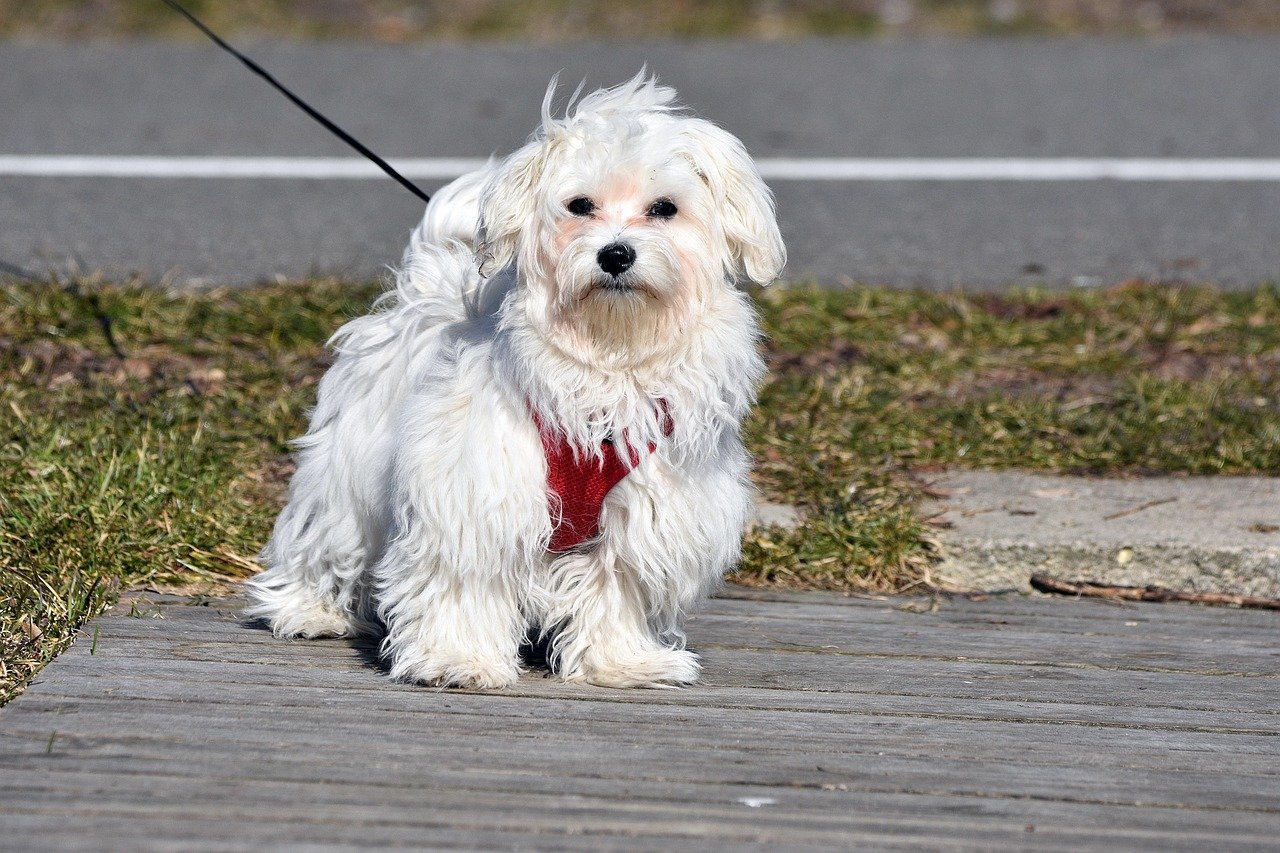
The Maltese is a gentle and affectionate breed, often seen as the epitome of elegance. They are deeply devoted to their families and can become distraught if left alone for long periods. Maltese dogs thrive on attention and love being the center of their owner’s world. If you’re often busy and unable to provide the constant companionship they crave, a Maltese might feel neglected and develop anxiety.
13. Papillon
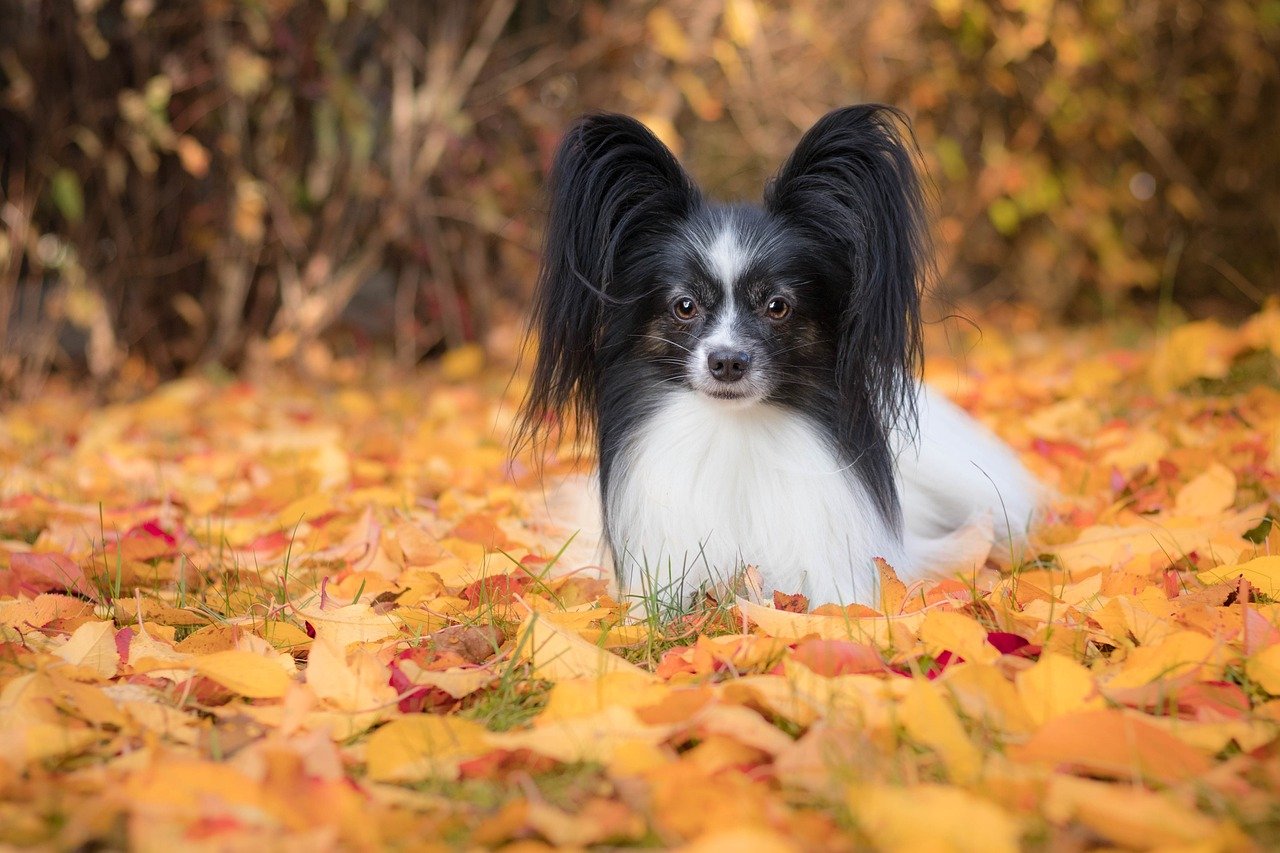
Papillons are small, lively dogs with distinctive butterfly-like ears. They are intelligent, affectionate, and eager to please. Despite their size, they require a lot of attention and can become anxious if left alone too often. Papillons enjoy being active and involved in family activities. If your lifestyle doesn’t allow for regular interaction and play, this breed might feel sidelined and become restless.
14. Chihuahua
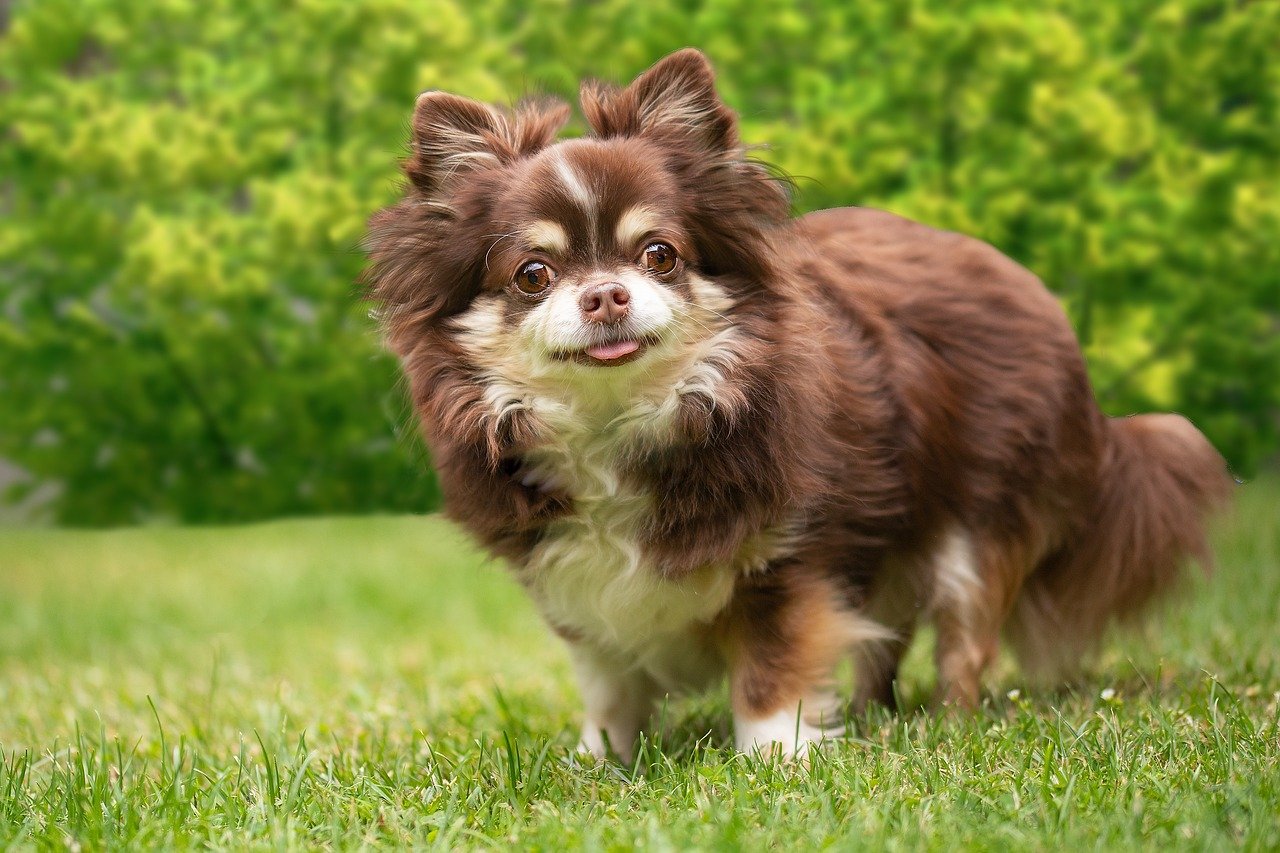
Chihuahuas are tiny dogs with big personalities. They are fiercely loyal and form strong bonds with their families. However, their loyalty means they can suffer from separation anxiety if left alone frequently. Chihuahuas thrive on attention and love being involved in their owner’s life. If you’re often busy and unable to meet their emotional needs, this little dog might feel neglected and act out.
15. Pug
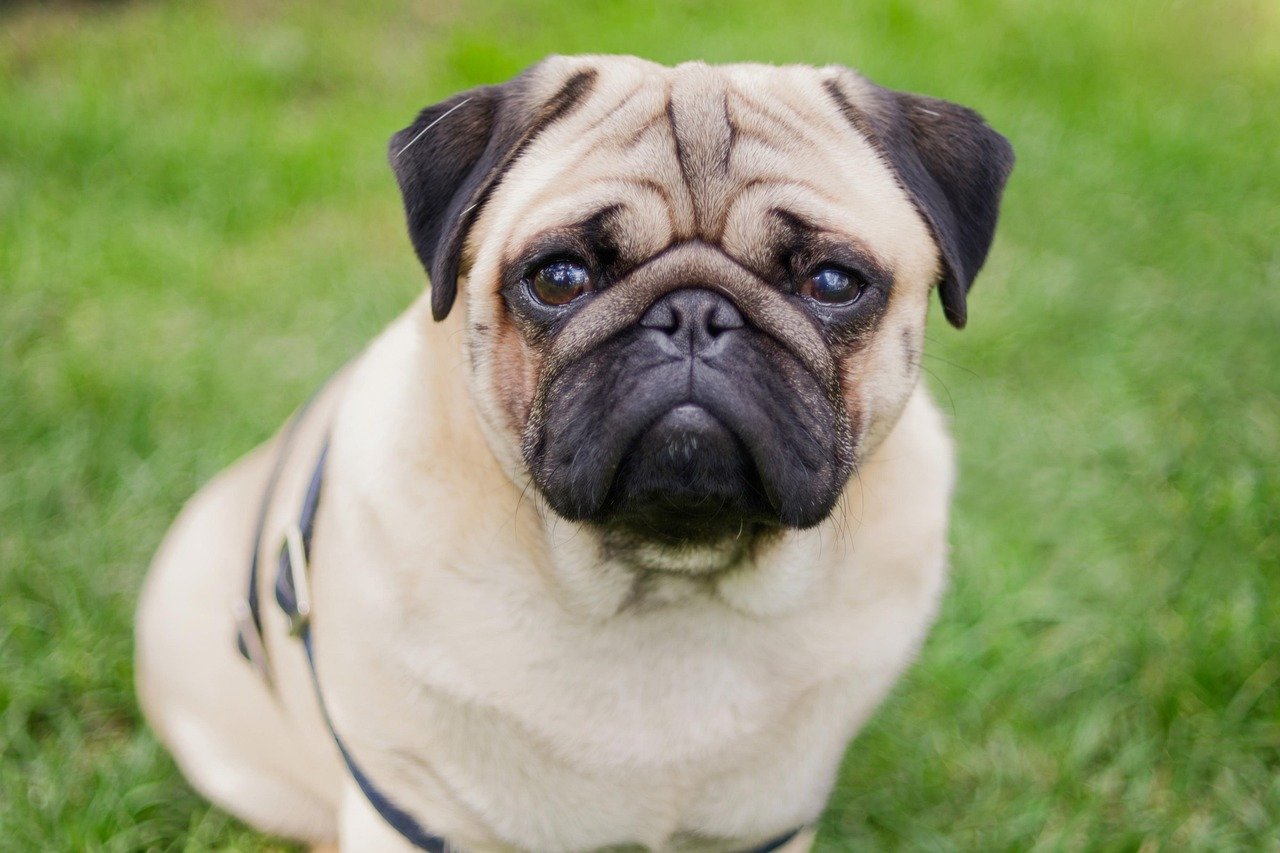
Pugs are known for their charming personalities and distinctive wrinkled faces. They are affectionate, sociable, and love being the center of attention. However, their need for companionship means they can become anxious if left alone too often. Pugs enjoy being part of family activities and thrive on interaction. If your schedule doesn’t allow for regular companionship, this breed might not be the best fit for you. They might be small in stature, but their emotional needs are significant.
In conclusion, while dogs are wonderful companions, it’s essential to choose a breed that fits your lifestyle. Emotional breeds require more time, attention, and affection, which might not be feasible for busy owners. Understanding the needs of these breeds can help ensure a happy and harmonious relationship with your furry friend.






